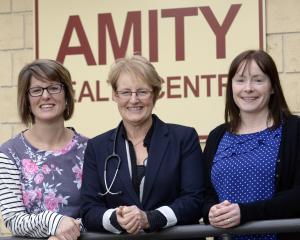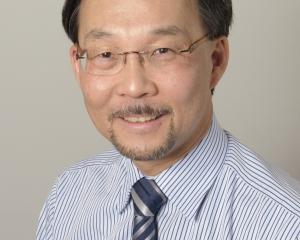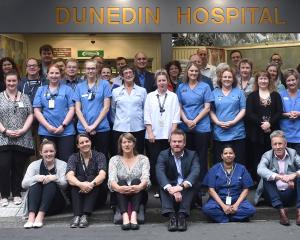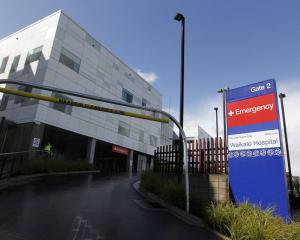The organisation representing community doctors and nurses is warning patients to expect growing delays in getting appointments at their local surgery.
The Independent Practitioners Association Council (IPAC) says GP and practice nurse numbers are falling as the population grows and local surgeries are struggling to meet demand.
Richard Whitney, general manager of South Link Health - which represents more than 400 GPs in the South Island - said Otago and Southland were "without a doubt'' feeling the pressure.
"There is an ageing workforce and increasing difficulty in securing professionals.''
Compounding the burden on GPs was the increasing number of patients they were managing due to limited access to hospital services.
For example, when elective surgery was postponed, those patients were referred back to their GP for care and tended to be heavy workload patients, Mr Whitney said.
As Dunedin Hospital battles its own health professional shortages, it has had to postpone elective surgery and discharge patients back to the community earlier than usual, among other measures, as the hospital struggles to cope.
A recent South Link Health survey had shown a "marked deterioration'' in people's satisfaction about being able to access their GPs, he said.
Patients had noticed increased waits, in terms of days, to get an appointment with their GP in 2007 compared with 2006.
The survey showed 54% of people could see any GP on the same day in 2007, compared with 55% in 2006 and 87% in 2005.
While practices in other areas of the country had been forced to close their books to new patients, none had yet had to do so in Otago, Mr Whitney said.
However, three of the 61 Otago practices were on limited acceptances, which meant they took only family members of current patients.
In Southland, 13 of the 30 practices no longer took new patients.
IPAC chairwoman Dr Bev O'Keefe said the latest figures from the Medical Council's workforce survey showed fewer doctors were working in general practice than seven years ago.
The average age of general practice doctors and nurses was 50, and looming retirements threatened to overwhelm an already struggling sector, Dr O'Keefe said.
The growing pressure on general practice had significant implications for the wider health system, she said.
"Well-resourced general practice keeps patients out of hospitals. But waiting lists and bottlenecks at community practice level mean patients [are] spilling over into already stretched hospital emergency departments.''











